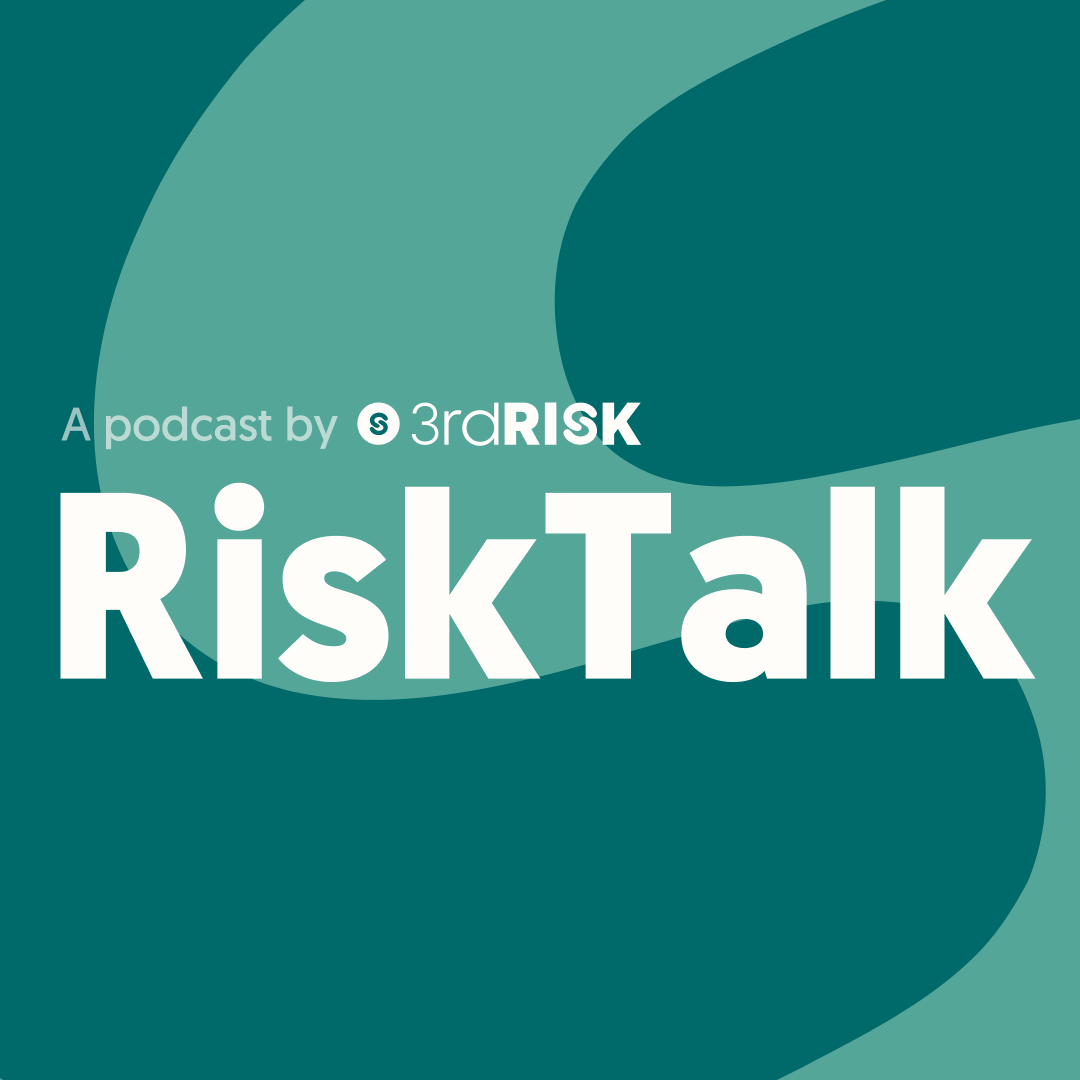What you need to know about the EU Deforestation Regulation
In this blog post, we take a closer look at the EU Deforestation regulation. This regulation, effective in 2024, aims to prevent deforestation and forest degradation by regulating the import and export of commodities like palm oil, soy, cattle, coffee, and timber within the EU market.

1. Introduction
Deforestation and forest degradation are major threats to the environment, biodiversity and climate. They are driven by the expansion of agricultural land for the production of commodities such as palm oil, cattle, soy, coffee, cocoa, timber and rubber. The EU is a significant consumer and importer of these commodities and products, and therefore has a responsibility to ensure that its consumption does not contribute to deforestation and forest degradation around the world.
That is why the EU has adopted a new Regulation on deforestation-free products, which will enter into force in 2024. The Regulation aims to prevent the making available on the EU market as well as export from the EU of certain commodities and products associated with deforestation and forest degradation. It applies to operators and traders who place these commodities and products on the EU market or export them from the EU.
2. Understanding the EU Deforestation Regulation (EUDR)
The Regulation covers eight commodities and products: palm oil, cattle, soy, coffee, cocoa, timber, rubber and their derived products. These commodities and products must meet two criteria: they must be deforestation-free and they must be produced legally in the country of origin. Deforestation-free means that they do not originate from land that was forested in 2015 or later and was converted to non-forest use. Legality means that they comply with the applicable laws and regulations in the country of origin, including those related to land tenure rights, environmental protection and human rights.
3. Due diligence as a key requirement of the EUDR
To demonstrate compliance with these criteria, operators and traders must carry out third-party due diligence activities before placing these commodities and products on the EU market or exporting them from the EU. Due diligence is a process of identifying, assessing and mitigating the risks of deforestation and forest degradation associated with these commodities and products. It involves collecting information from various sources, such as suppliers, third-party certification schemes, satellite imagery and other data providers.
The EUDR stresses that businesses must take responsibility for their supply chains. Performing due diligence is not only a legal requirement but also an essential step towards achieving long-term sustainability. Due diligence activities under the EUDR include:
- Risk identification: This involves examining your supply chain to pinpoint the areas where deforestation or forest degradation may be occurring. You must assess the origin of the commodities you source and identify the potential risks associated with them.
- Risk assessment: Once you've identified potential risks, you must evaluate their severity and likelihood. This requires a thorough understanding of the environmental, social, and governance factors that may contribute to deforestation or forest degradation in your supply chain.
- Risk mitigation: Based on your risk assessment, you must develop and implement appropriate measures to mitigate the identified risks. This can involve engaging with suppliers, setting clear expectations, and establishing a plan for monitoring and enforcing compliance with the EUDR.
The Regulation requires operators and traders to issue a due diligence statement for each commodity or product they place on the EU market or export from the EU. The statement must include information on the origin, quantity, deforestation-free status and legality of the commodity or product, as well as on the due diligence activities carried out by the operator or trader. The statement must be updated regularly and made available to competent authorities upon request.
4. Challenges of performing due diligence activities
However, the Regulation also poses significant challenges for operators and traders who need to adapt their business practices and supply chains to comply with its requirements. They will need to invest time, money, and resources to conduct due diligence activities, collect information from various sources, issue due diligence statements and cooperate with competent authorities. They will also need to deal with potential supply disruptions, price fluctuations, and reputational risks.
That is why it is crucial for operators and traders to start preparing for the Regulation as soon as possible. They should familiarise themselves with its scope, criteria and obligations, assess their exposure to deforestation and forest degradation risks in their supply chains, identify gaps in their information systems and due diligence processes, engage with their suppliers and other stakeholders, seek external support where needed and monitor developments at EU and national level.
Looking for an easy way to manage third-party risks?
Get a quick introduction to our third-party risk platform and make informed decisions today.

Want to read more?
Read more helpful content on third-party risk management and compliance.






